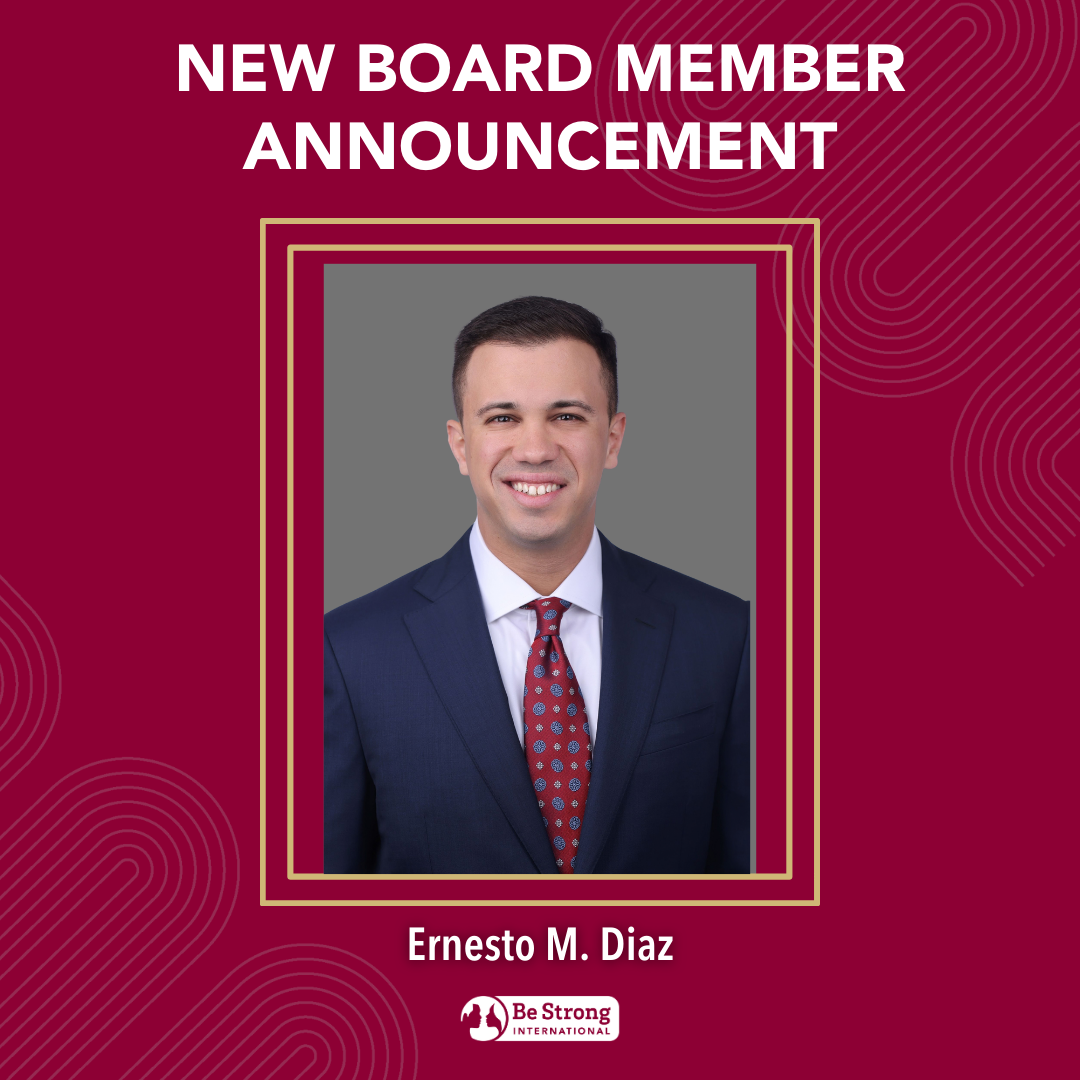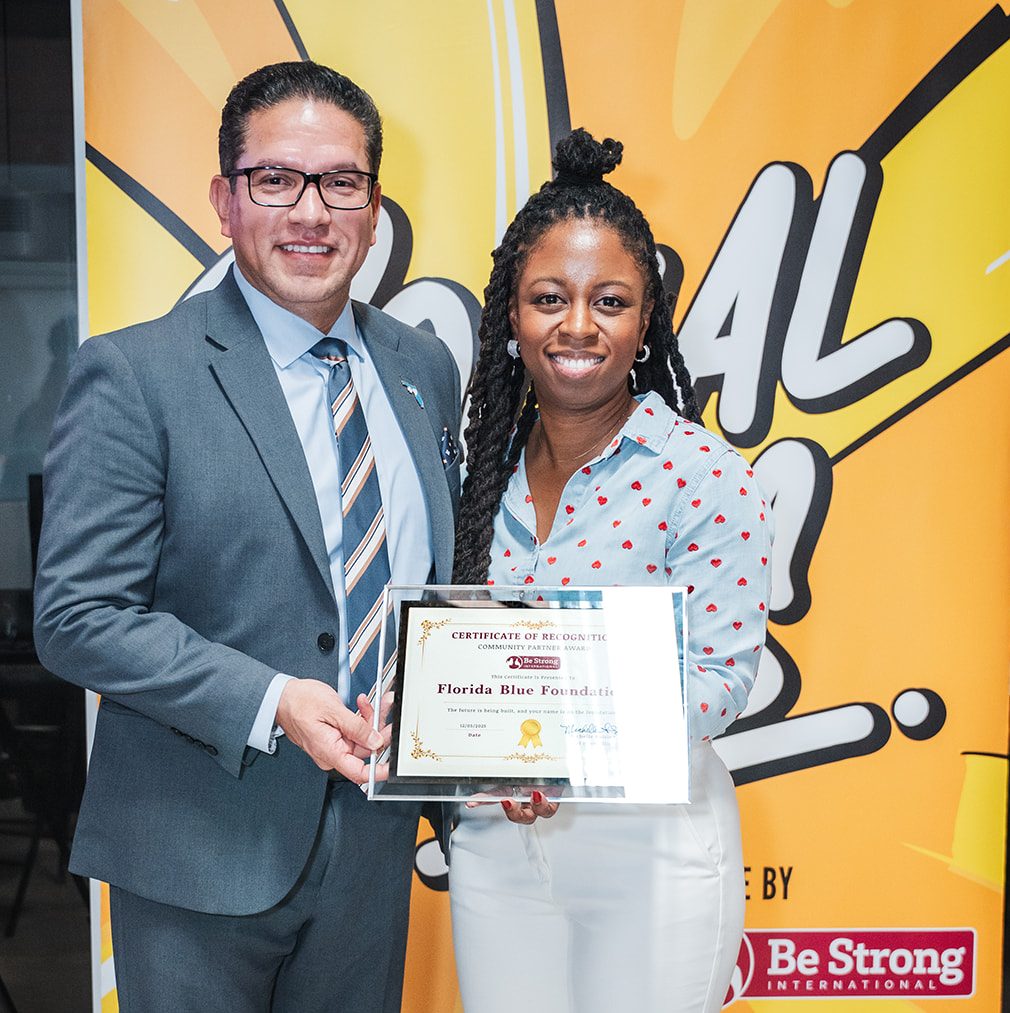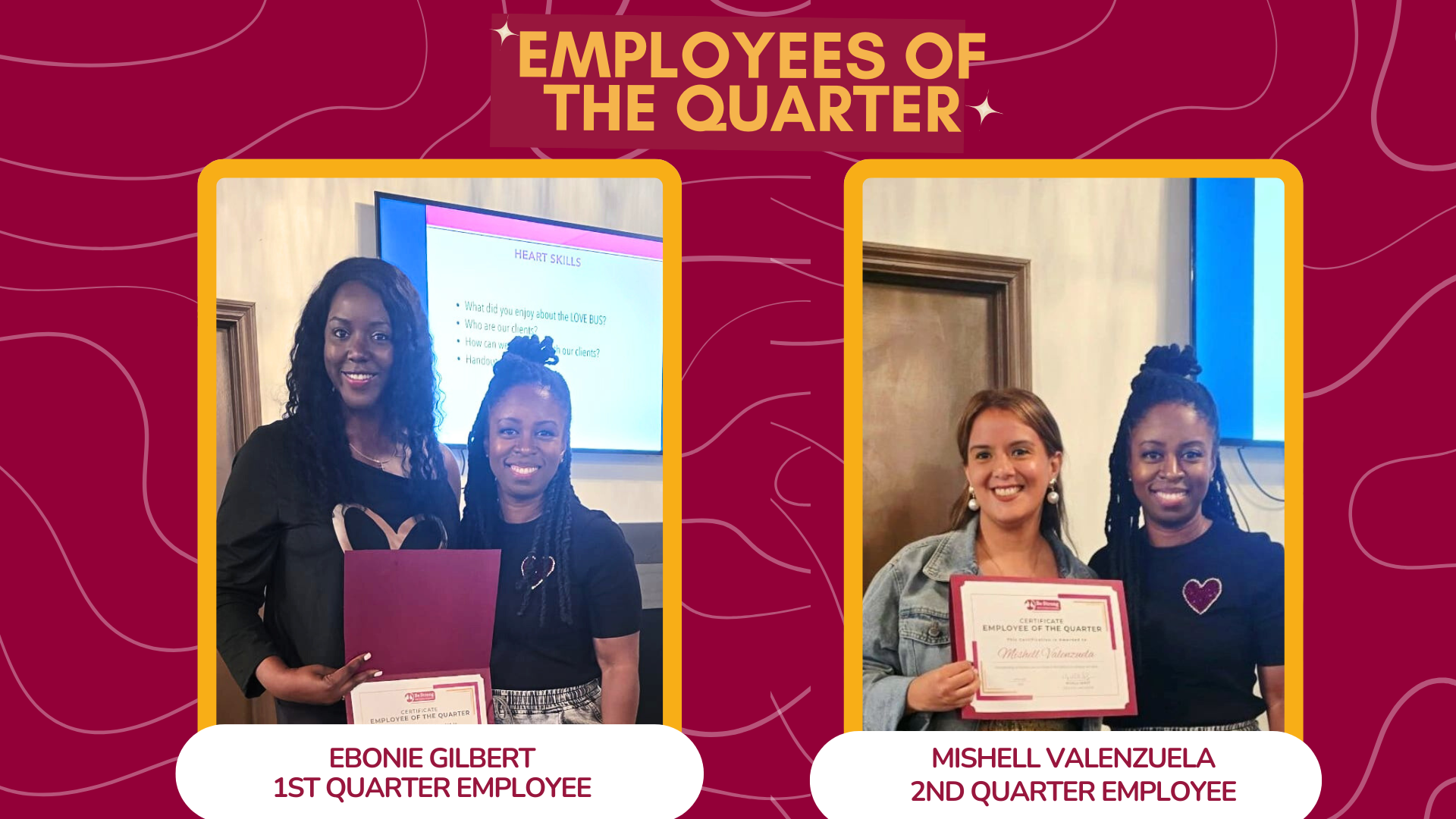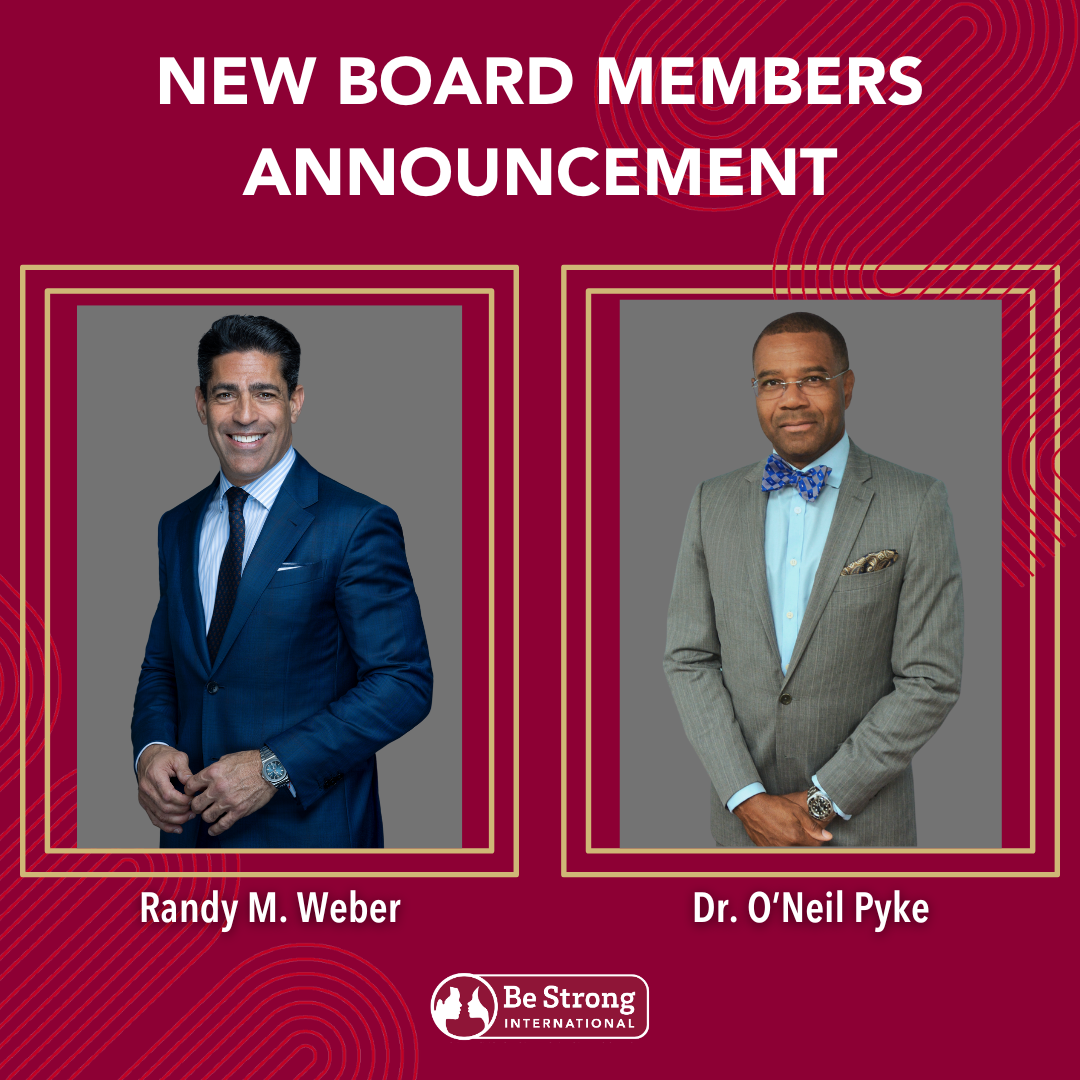I used to be a person that hated confrontation. Even the simplest disagreement would make me shudder. I don’t know if it’s because of what I witnessed as a small child, but I think watching my parents argue and seeing arguments turn into physical altercations really affected the way I approached disagreements and how I shrank at the thought of someone being upset with me after a conflict. I remember my first real and intense disagreement with my boss/mentor. She was an older, much more experienced, and strong-willed woman that knew what she wanted and how things should go. I was a young college graduate who felt like textbook knowledge alone qualified me to challenge many of her decisions. While I was young and “passionate” about my ideas, she was the first real experience I had of genuine workplace disagreement and conflict.
When I Realized We Need X-Men and Not Yes Men
I remember walking into her office one day and saying, “You really could have handled that better and that person feels hurt that they didn’t get the promotion.” I can’t remember what her response was now, but it was the normal, “it’s part of life – that person needs to know that it is not their time yet as they are not ready.” I explained that while I understood that, and maybe she was right, the way she handled it upset me the most. I was habitually the peacemaker, and while I was happy to be a savior, I was annoyed that I was the buffer at the same time, which meant I took a lot of heat behind closed doors that most team members didn’t realize. I still remember the moment I realized that I was beginning to feel comfortable with intense debates. During a heated discussion, which I felt was going nowhere, I eventually said, “Hey, I’m hungry. What do you want me to get you for lunch?”
You may be thinking…, “OK? What part of that statement changed the game for her?” But, it was not the statement, but the action. The action said to both her and me that I cared about her well-being and that our relationship wouldn’t change based on our current disagreement. The statement/question wasn’t a cop-out to change the subject or avoid the conflict altogether; it just showed me that I could see past our differences and still be human toward her. I had grown up feeling like, after a disagreement, no one gave a crap about what each other wanted, so there was no point in continuing the relationship either. That’s what I witnessed as a child, and it was difficult to understand that you could disagree with someone, get into a heated debate with them, and still care about them.
Thinking deeper about my workplace transformation, I realized I cared deeply about the team members and the business. It resulted in my talking through and respectfully questioning my mentor. And while it was a nerve-wracking experience initially, I realized she came to value our discussions over time. I eventually realized that the heated conversations were only the beginning. I learned that what really was of service to my mentor was the fact that she didn’t want to have what I call just a “yes” person on her team, especially when it came to big decisions that could cause ripple effects within the organization.
What is a Yes Man?
“Yes Men” are people who, without question, do whatever the leader asks of them, even when they know there may be a better option or idea. Perhaps this attitude is analogous to the “quiet quitting” phenomenon. Either way, Yes Men usually don’t want to deal with confrontations or simply don’t care enough to challenge the leader to discuss an alternative solution. There could be all sorts of reasons why people become Yes Men. I knew it would be in the best interest of and beneficial for the leader and the business to speak up if I knew better alternatives to a situation or process.
How to Turn Into an X-Man
Eventually, I got promoted not only because I was dedicated to my work and did the job but because I gained her trust. After a few years of working together, she knew I wanted her and her business to succeed. I wanted the company to grow, and I wanted to help her continue to build her legacy.
Today, as an executive, I made it very clear to my executive team that I do not want Yes Men around me. I need to be told that my idea sucks or, “Hey, that needs a bit more thought.” It helps me remain humble and allows me to get help in growing the business when people see they have a part to play in the solution and overall performance of the company. X-Men hone into their strengths, heart skills, and stick up for what they believe in. They use their voice and know that disagreements are good and provide a diversity of solutions.
Some questions you may want to ask yourself when determining if you’re a yes-man are:
- Am I afraid to challenge ideas with better and more efficient solutions?
- Am I highly concerned about conflict over providing helpful support to the team?
- Am I delivering my own ideas?
My advice to everyone, whatever your role may be, is to speak up. Offer solutions to your boss and team. You may come up with an out-of-the-box idea that works the best. It benefits all parties, including yourself, when you find your voice, develop heart skills, and empower others to feel they can as well. Don’t just be a “Yes Man.” Find your superpower and transform from a “Yes Men” to an “X-Men.”
If you’re in need of transforming your workplace from a team of “Yes Men” to “X-Men” contact us at Be Strong International and tap into the heart skills needed to empower your team.
Michelle Shirley










